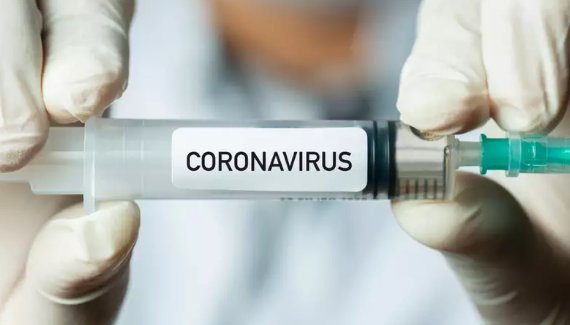COVID-19: Oxford Vaccine Successful in Early Human Trials, India to start trial next month

London: An experimental vaccine being developed by AstraZeneca and Oxford University against the new coronavirus produced an immune response in early-stage clinical trials, data showed on Monday, preserving hopes it could be in use by the end of the year.
The vaccine, called AZD1222, has been described by the World Health Organisation’s chief scientist as the leading candidate in a global race to halt a pandemic that has killed more than 600,000 people.
More than 150 possible vaccines are in various stages of development, and US drugmaker Pfizer and China’s CanSino Biologics also reported positive responses for their candidates on Monday.
British Prime Minister Boris Johnson, whose government has helped fund the project, hailed the results as “very positive news” though the researchers cautioned the project was still at an early stage.
“There is still much work to be done before we can confirm if our vaccine will help manage the COVID-19 pandemic,” vaccine developer Sarah Gilbert said. “We still do not know how strong an immune response we need to provoke to effectively protect against SARS-CoV-2 infection.”
The trial results showed a stronger immune response in 10 people given an extra dose of the vaccine after 28 days, echoing a trial in pigs.
Oxford’s Gilbert said the early-stage trial could not determine whether one or two doses would be needed to provide immunity.
“It may be that we don’t need two doses, but we want to know what we can achieve,” she told reporters.
AstraZeneca’s biopharma chief, Mene Pangalos, said the firm was leaning towards a two-dose strategy for later-stage trials and did not want to risk a single or lower dose that might not work.
The trial included 1,077 healthy adults aged 18-55 years with no history of COVID-19. Researchers said the vaccine caused minor side effects more frequently than a control group, but some of these could be reduced by taking the painkiller paracetamol, which is also known as acetaminophen.















































